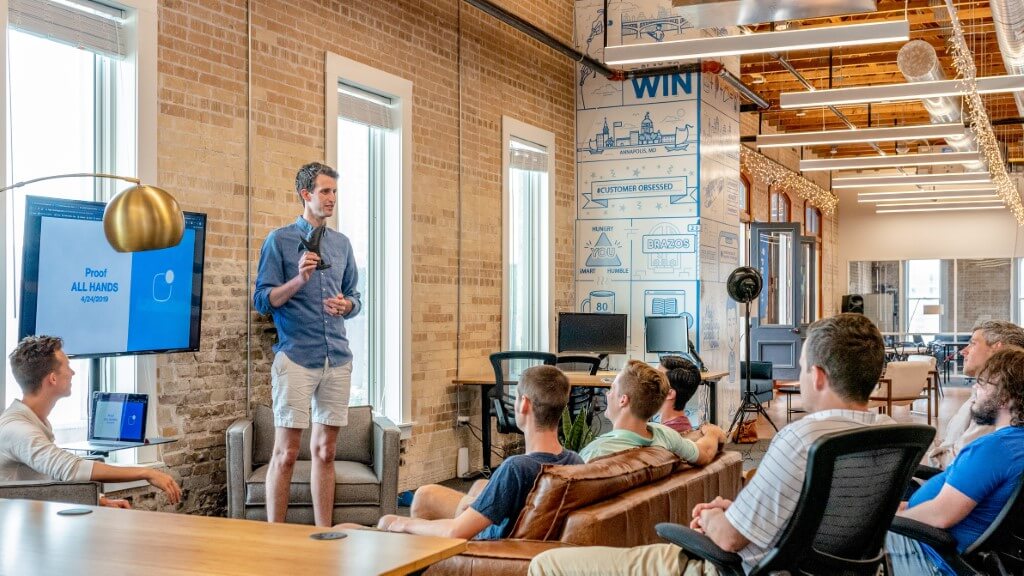Dating apps like Tinder, Bumble, and Hinge changed the way people meet, making it faster and easier to connect with potential partners. Their appeal was clear, instant access to a massive pool of singles, minimal effort to get started, and an interface designed for quick interactions. For many, this seemed like the ultimate solution to modern dating. The promise was simple: more choices meant better chances of finding the right person. But over time, users began to realise that more options didn’t always lead to better outcomes. Instead of fostering genuine connections, swipe-based apps often encourage superficial decisions, fleeting interactions, and a frustrating sense of endless scrolling.
As dating fatigue sets in, many are looking beyond mainstream apps for alternatives that prioritise compatibility over volume. This has led to the rise of niche dating platforms, where users can connect with people who share specific interests, values, or lifestyles. Whether it’s faith-based dating, professional matchmaking, or communities built around hobbies and beliefs, these platforms offer something swiping apps lack a focused, intentional approach to finding meaningful relationships. Instead of swiping through thousands of profiles with little in common, users on niche sites start with a stronger foundation for real connections, making them a growing alternative to the mainstream online dating experience.
The Frustration with Swipe-Based Dating Apps
Looks Over Compatibility
Swipe-based dating apps were designed for speed, but that speed comes at a cost, superficial connections. With just a photo and a short bio to go on, users are forced to make snap judgments based on appearance rather than shared values or personality. This gamification of dating creates a culture where swiping becomes more about instant gratification than genuine compatibility. Over time, many users find themselves stuck in an endless loop of matches that rarely lead to meaningful conversations, let alone real relationships.
Matches That Go Nowhere
One of the biggest complaints about modern dating apps is the low quality of interactions. Many matches result in little to no conversation, and when messages do get exchanged, they often fizzle out quickly. The problem is worsened by ghosting, where someone suddenly disappears without explanation. This revolving-door effect leaves people frustrated, questioning whether these platforms are designed for real connections or just casual flings and ego boosts.
Paywalls & Subscription Fatigue
While most dating apps advertise themselves as free, the reality is that meaningful interaction often comes at a cost. Basic features might be accessible, but to unlock messaging, profile boosts, or even see who has already liked them, users are pushed toward expensive subscriptions like Tinder Gold or Bumble Boost. Many feel manipulated into paying just to have a fair chance at making a connection, leading to growing frustration with the financial barriers of modern dating.
Fake Profiles & Scammers
With no real barriers to entry, dating apps are flooded with fake profiles, bots, and scammers. From people using outdated or misleading photos to outright catfishing, users often find themselves wasting time on matches that aren’t even real. The lack of identity verification on many mainstream platforms makes it easy for bad actors to take advantage of the system, leaving people skeptical about the authenticity of the profiles they encounter.
The Illusion of Endless Options
At first glance, dating apps seem to offer limitless opportunities, but in reality, too many choices can be a problem. When users believe there’s always someone better just a swipe away, it leads to decision paralysis—hesitation to commit because they might be missing out on a “better” match. This results in a cycle of shallow interactions and constant dissatisfaction, where the search for something more exciting replaces the effort needed to build real connections. Many users experience dating app burnout, overwhelmed by the process and disengaging altogether.
As frustrations with swipe-based apps grow, more people are looking for alternative ways to meet partners, prioritising quality over quantity in their search for meaningful relationships.

Are you ready to unlock the incredible potential of a positive mindset and transform your…

Opioid addiction is increasingly affecting middle-aged and older adults, with those aged 50 and above…

In the chaos of everyday life, where stress feels like an unwelcome companion and the…
More Personalised Online Dating Services
Why Are People Turning to Niche Dating Platforms?
The appeal of niche dating sites lies in their ability to offer more meaningful matchmaking right from the start. Unlike mainstream apps, where users sift through endless profiles with little in common, niche platforms connect people based on shared values, interests, or lifestyles. This means less time wasted on mismatches and more time engaging with people who are actually compatible.
Another advantage is the reduced competition and higher engagement. On large dating apps, it’s easy to feel like just another profile in a sea of thousands. Niche sites create a smaller, more focused community, where users feel seen and valued. Instead of relying on algorithms that prioritise popularity, these platforms foster genuine interaction and real connections between people who are looking for something specific.
What Types of Niche Dating Sites Exist?
Niche dating has expanded into a wide range of categories, catering to different interests, lifestyles, and values. Interest-based platforms connect people through shared hobbies, such as dating sites for gamers, book lovers, or travel enthusiasts. These sites go beyond just attraction, allowing people to bond over the things they genuinely enjoy.
For those seeking a partner who shares their faith, religious dating platforms offer a space where beliefs and values align. Sites catering to Christian, Muslim, and Jewish singles create an environment where users can focus on long-term compatibility without the friction of differing worldviews.
Lifestyle-based dating is another growing trend, appealing to people with specific ways of living. Whether it’s vegan dating, fitness-focused dating, or minimalist dating, these platforms attract users who prioritise lifestyle compatibility as much as emotional or physical attraction.
Career-focused dating sites cater to professionals, entrepreneurs, and academics who value ambition and career alignment in their relationships. Similarly, regional and cultural dating platforms help people connect within specific ethnic or cultural communities, fostering relationships that feel more familiar and grounded.
Why Do Niche Dating Sites Lead to More Genuine Connections?
People who join niche dating sites are often more intentional about finding a meaningful relationship. Unlike mainstream apps, where many users swipe out of boredom or curiosity, niche platforms attract individuals who are seriously looking for a partner who aligns with their values and interests. This means fewer time-wasters and more people genuinely invested in building something real.
Shared interests and values also reduce mismatches, creating a stronger foundation for lasting connections. Whether it’s a common faith, lifestyle, or passion, these commonalities eliminate unnecessary friction and make relationships feel more natural. Instead of starting from scratch, users already have something to bond over, making conversations more engaging and leading to deeper emotional connections.
Another key difference is the higher level of respect and engagement. Niche dating communities tend to have less ghosting and more meaningful conversations because users have a stronger motivation to be there. With fewer distractions and more aligned expectations, these platforms encourage deeper, more respectful interactions, making the dating experience more enjoyable and fulfilling.
AI and Algorithm Bias in Online Dating
Most mainstream dating apps use AI-driven matchmaking algorithms to suggest potential matches, but these systems come with inherent biases that can impact user experiences. Factors like attractiveness scores, engagement patterns, and geographical preferences prioritise certain users over others, making some feel invisible in the dating pool. Many people find that their matches become repetitive or skewed, leading to frustration with the lack of diversity and spontaneity. Exploring how these algorithms shape the dating experience—and why niche platforms often offer a more organic, interest-based approach, would add valuable insight into why users are moving away from generic swipe apps.
The Psychological Impact of Dating App Culture
Dating apps don’t just change how people meet, they also affect self-esteem, mental health, and relationship expectations. The constant exposure to curated profiles and the pressure to “perform” in conversations can lead to comparison anxiety and dating fatigue. Many users report feeling disposable or dehumanised by the gamified nature of swiping, where rejection is silent and matches disappear without closure. Examining how dating apps influence self-worth, social interactions, and long-term relationship-building, especially compared to niche platforms that foster deeper engagement, would provide an important perspective on the shift toward more mindful, intentional dating experiences.
The demand for online dating remains strong, but users are becoming more selective about how they engage with it. While many are frustrated by the shallow, transactional nature of mainstream apps, they are not rejecting digital matchmaking altogether. Instead, they seek platforms that offer greater authenticity, stronger compatibility, and a more intentional dating experience. In a world where social circles are shrinking and in-person interactions are unpredictable, online dating continues to provide a structured and efficient way to meet potential partners, making it an essential tool in modern relationships.
The challenge for dating platforms is no longer attracting users but evolving to meet their changing expectations. As people grow tired of superficial engagement and endless swiping, the future of online dating will likely shift toward more meaningful connections, better user experiences, and stronger trust-building mechanisms. The need for love and companionship remains unchanged—people just want a dating experience that feels less like a game and more like a genuine opportunity to build something real.




